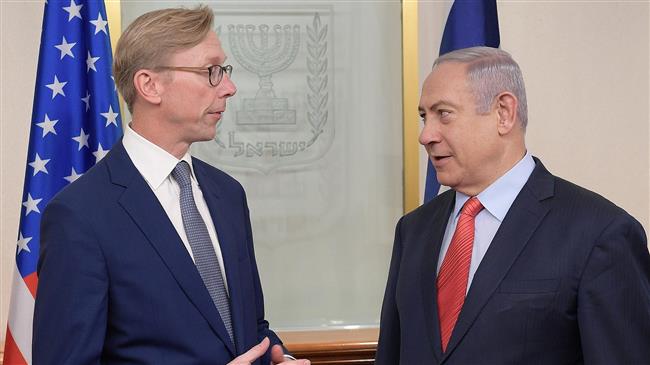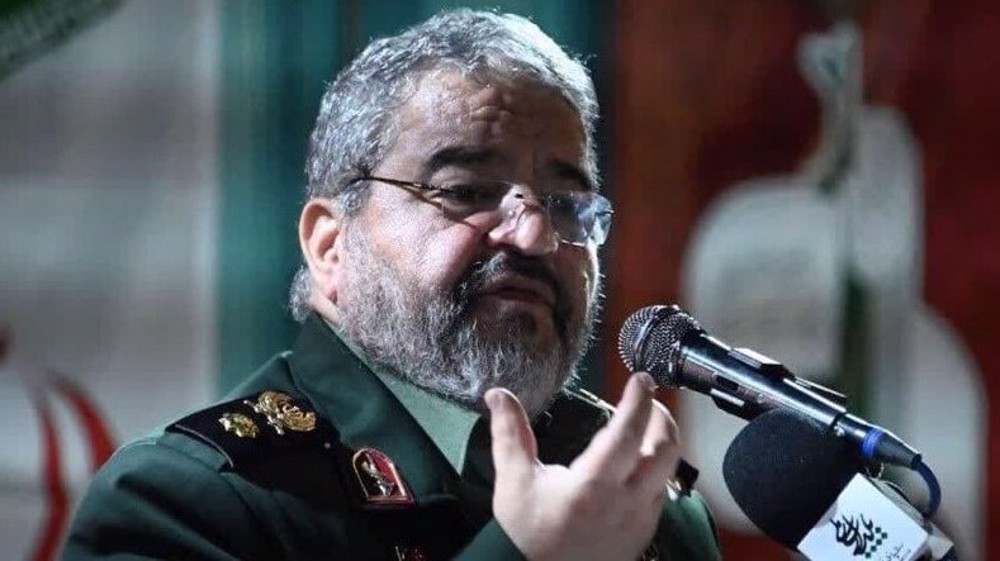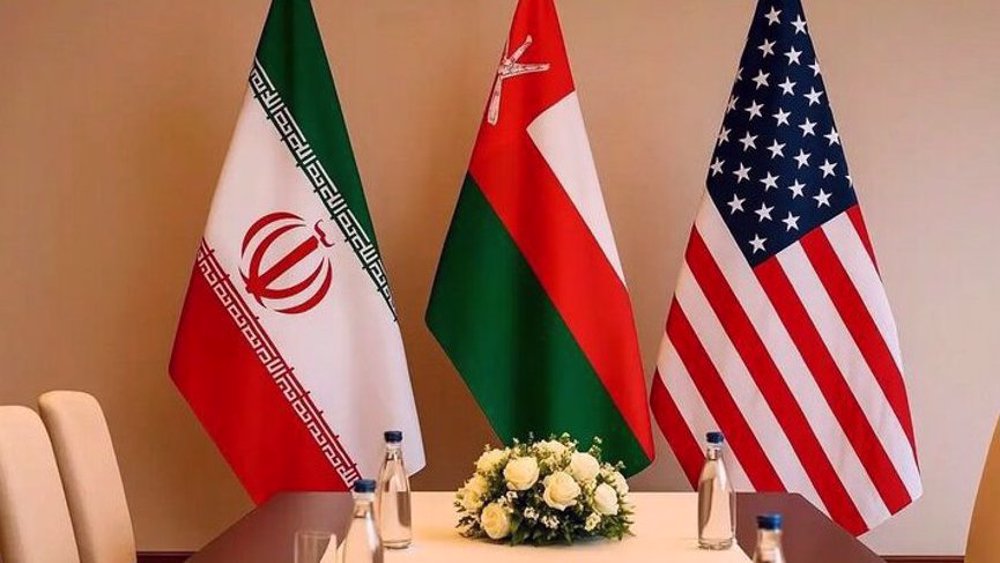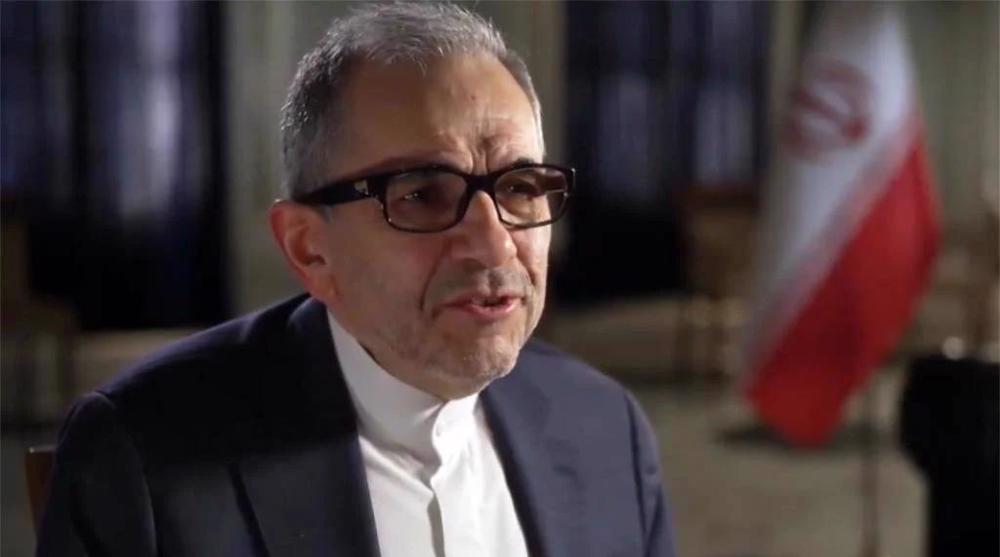Israel, UAE engaged in secret talks on Iran arranged by US: Report
Israel and the United Arab Emirates have been recently engaged in secret talks, arranged by the US, to share their information and coordinate their efforts against Iran, a report by the Wall Street Journal says.
Quoting US officials familiar with the secret talks, the WSJ says the meetings were arranged by US special representative for Iran, Brian Hook.
The first meeting was held this spring, and the second took place more recently, the report quoted a US official as saying.
“The discussions among US, Israeli and Emirati officials, although still in the preliminary stages, appear to indicate those contacts have gone beyond being symbolic and exploratory to mapping coordination on specific issues,” US officials told the WSJ.
According to the report, the secret talks “were intended to increase diplomatic, military and intelligence cooperation in dealing with Iran.”
The report quotes people familiar with the discussions as saying that Hook has worked to bring anti-Iran elements together for secret meetings.
“Hook wants help from Israel and the Emirates in getting other countries in Europe and the Middle East to take a tough stance regarding Tehran,” a former US official said.
The report says “the exact dates and locations of the unpublicized meetings couldn’t be learned.” Therefore, it is not clear whether the secret talks took place before or after the recent efforts by the UAE to approach Iran and sign agreements with the Islamic Republic on the security of the Persian Gulf.
Amid heightened tensions in the Persian Gulf region, an Emirati delegation visited Iran on July 30, and signed an agreement with Iranian officials to bolster bilateral maritime security cooperation in first such talks since 2013.
It was the sixth joint meeting addressing littoral security cooperation between the countries, and took place in line with bilateral coordination between the two sides aimed at maintaining and advancing the countries’ maritime border cooperation.
Also on August 1, a memorandum of understanding was signed by the commander of Iran's border police, Brigadier General Qassem Rezaie, and Emirati Coastguard Commander Brigadier General Mohammad Ali Mosleh al-Ahbabi during a meeting in Tehran.
The meeting came following a chain of naval accidents in the region’s waters. In May, explosions hit four commercial vessels from the UAE and Saudi Arabia off the Emirati port of Fujairah in the Persian Gulf.
The United States soon tried to implicate Iran in the incidents to suggest that the Islamic Republic was trying to retaliate for bids by Washington and its allies to trouble the Islamic Republic’s international oil sales. On June 15, however, Emirati Foreign Minister Sheikh Abdullah bin Zayed Al Nahyan said his country did not have enough evidence to blame any country for the naval attacks.
Tel Aviv and Abu Dhabi have no diplomatic ties and the UAE does not recognize Israel, but the two sides have increased backchannel cooperation in recent years.
On June 30, Israeli foreign minister Yisrael Katz visited the United Arab Emirates, where he met and held talks with senior authorities.
Last year, Israeli culture and sports minister Miri Regev traveled to the UAE to accompany Israel’s judo team at the Abu Dhabi Grand Slam 2018.
Her visit to the UAE marked the first of its kind by an Israeli minister to a Persian Gulf littoral state.
Read more:
Putin’s aide praises Iran’s ‘competitive’ technological achievements
VIDEO | Brussels exhibition exposes Western-backed genocide in Gaza
20,000 patients stuck as Gaza demands full operation of Rafah crossing
Iran FM heads for Switzerland for indirect talks with US
Israel approves de facto annexation of West Bank; Hamas calls move ‘null and void’
‘Iran’s deterrence makes US think twice before taking any action’
Orban warns EU poses direct threat to Hungary’s sovereignty
Any confrontation with Iran will teach Trump a 'harsh lesson': Top general












 This makes it easy to access the Press TV website
This makes it easy to access the Press TV website